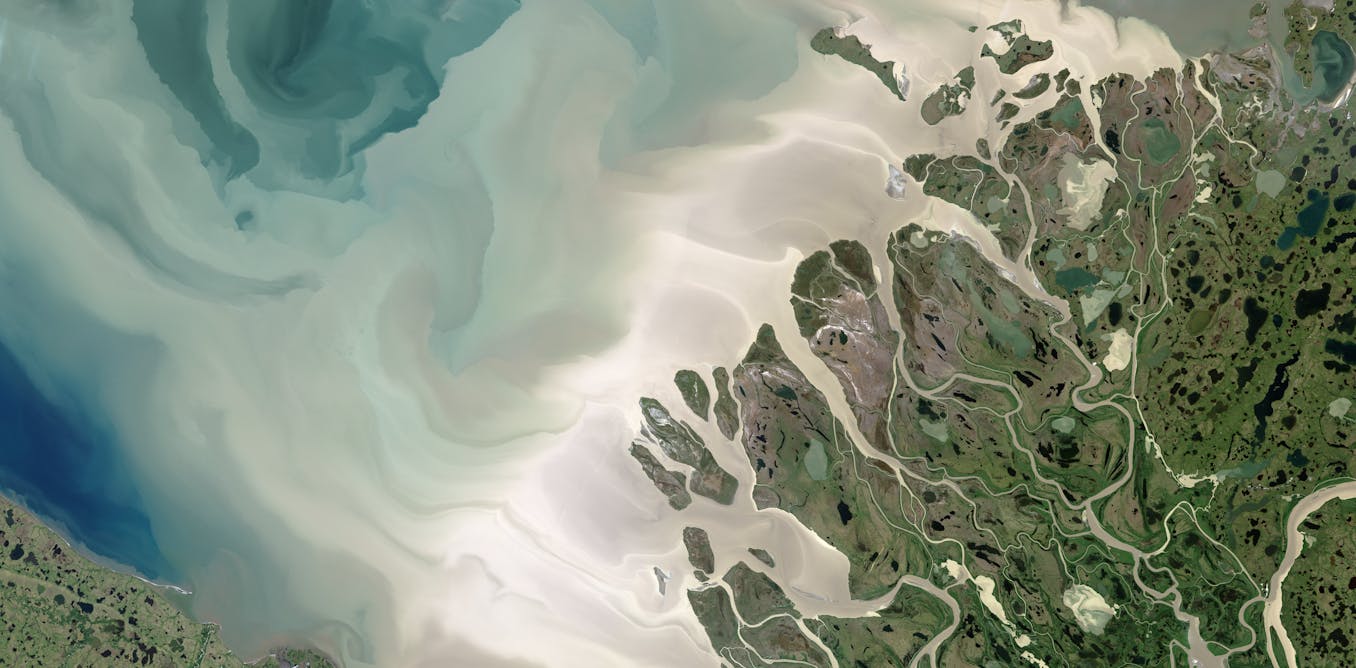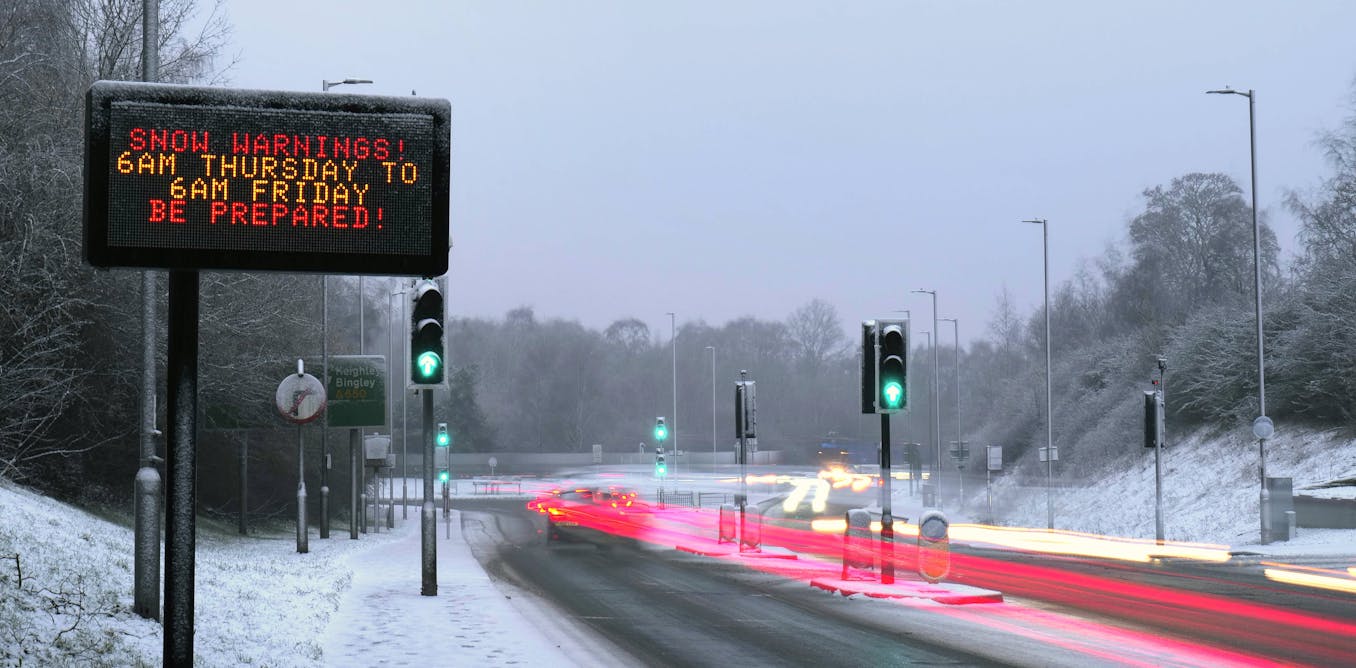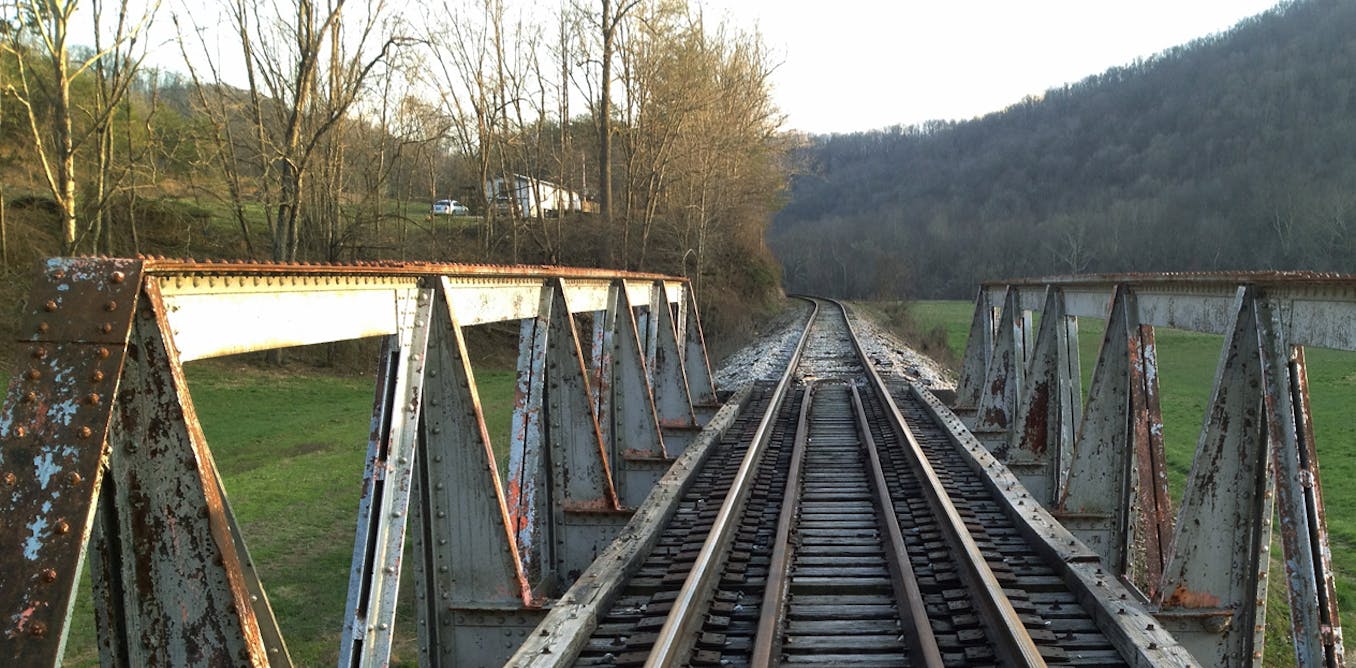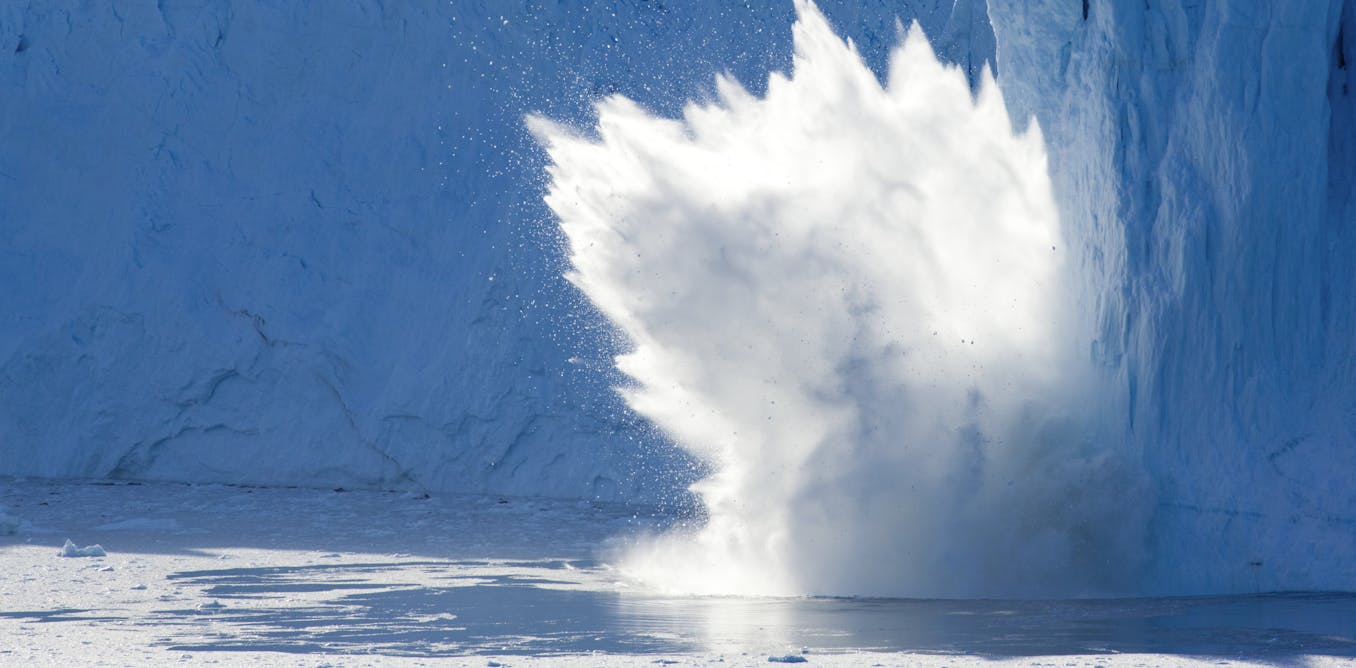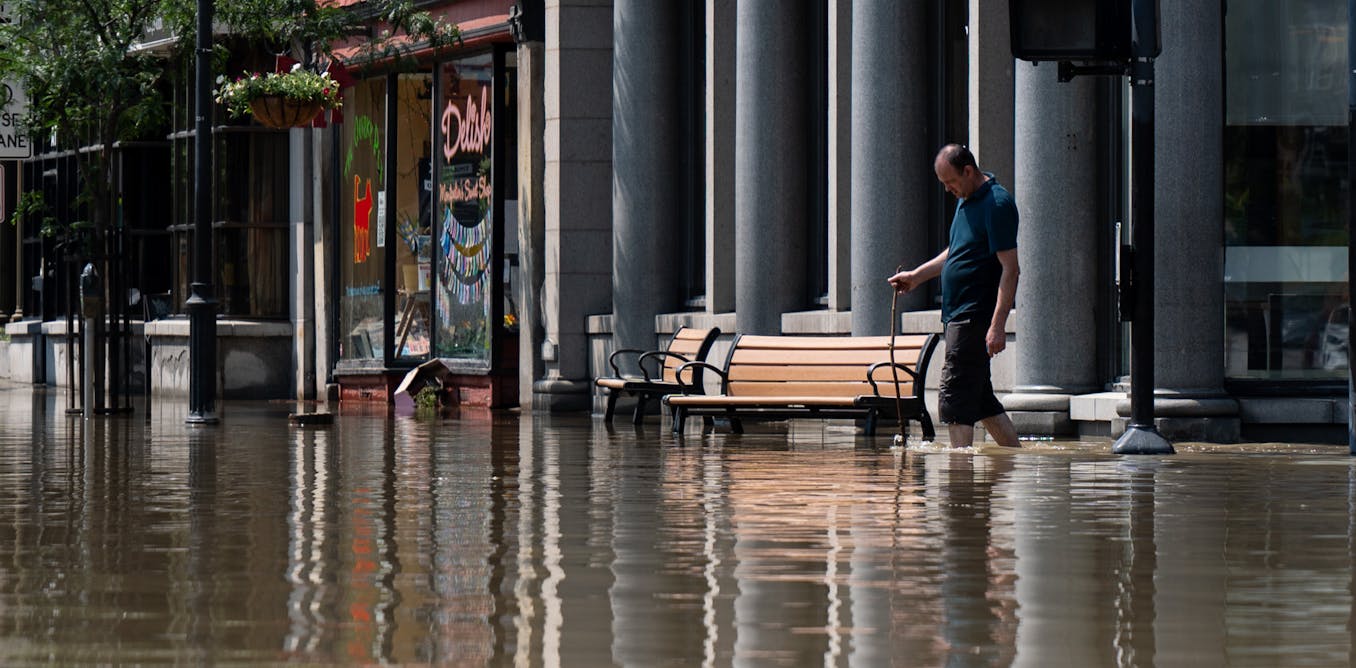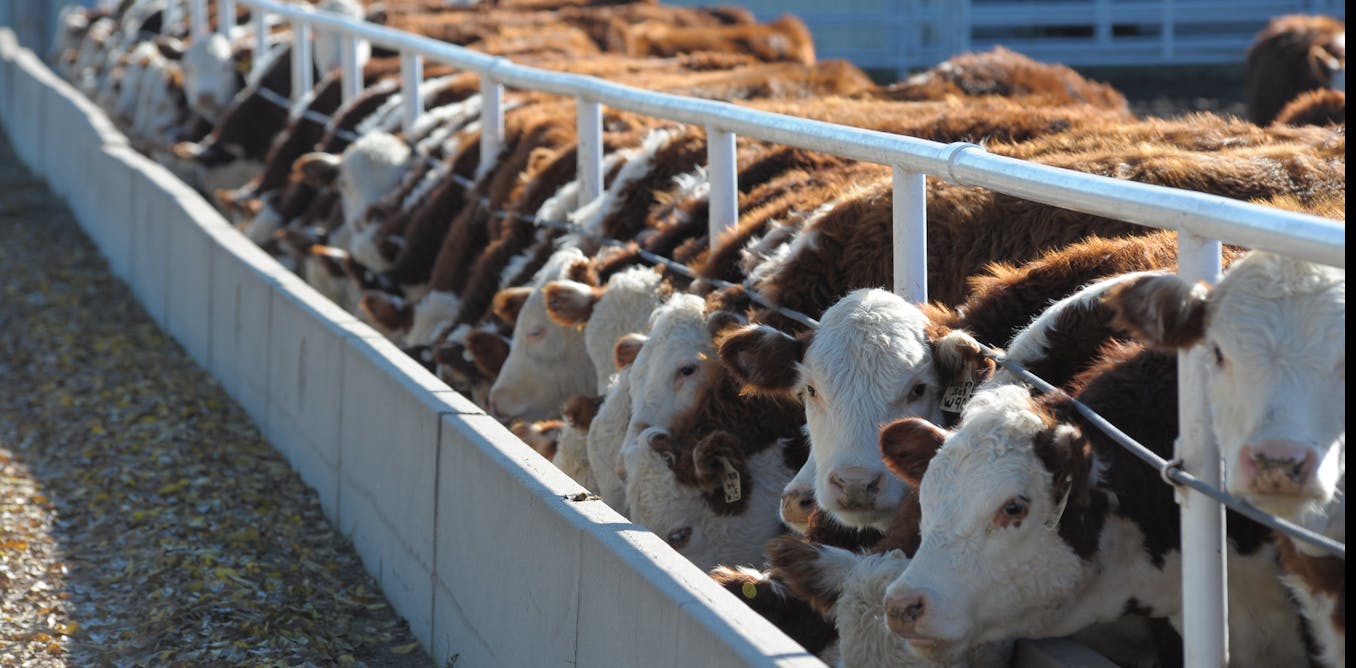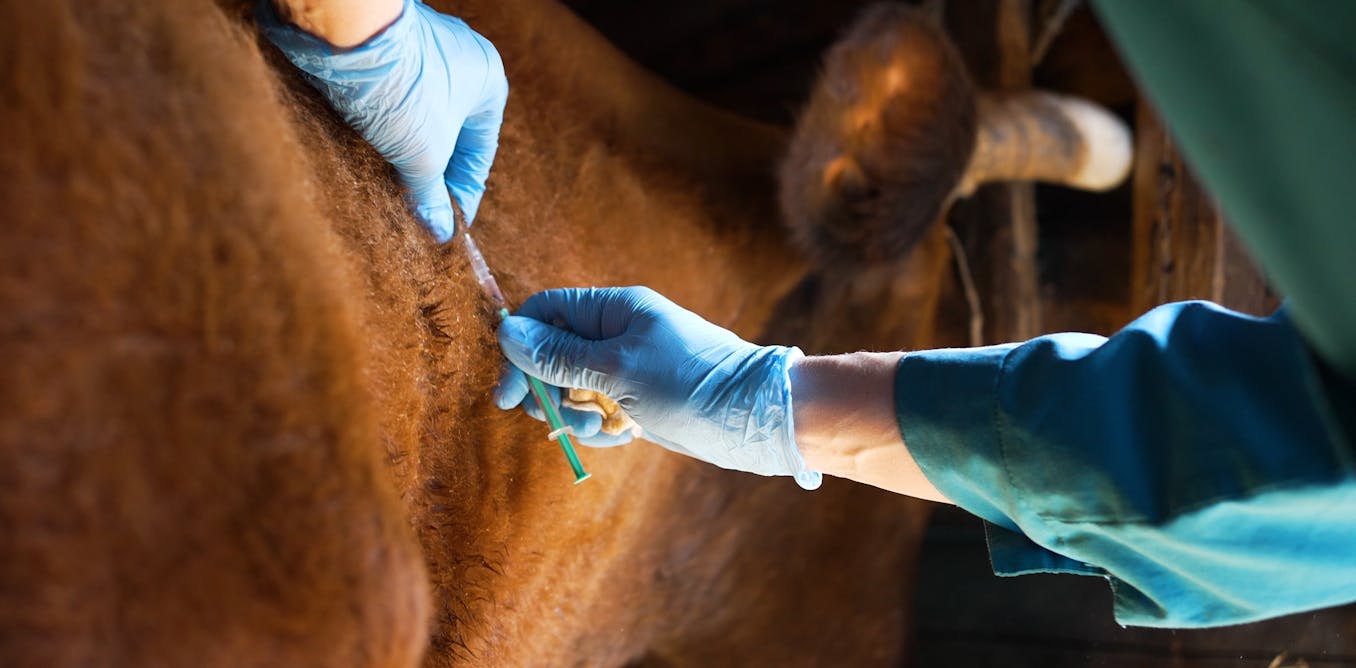The Anthropocene is not an epoch − but the age of humans is most definitely underway
Scientists have been debating the start of the Anthropocene Epoch for 15 years. I was part of those discussions, and I agree with the vote rejecting it.
March 5, 2024 • ~7 min


